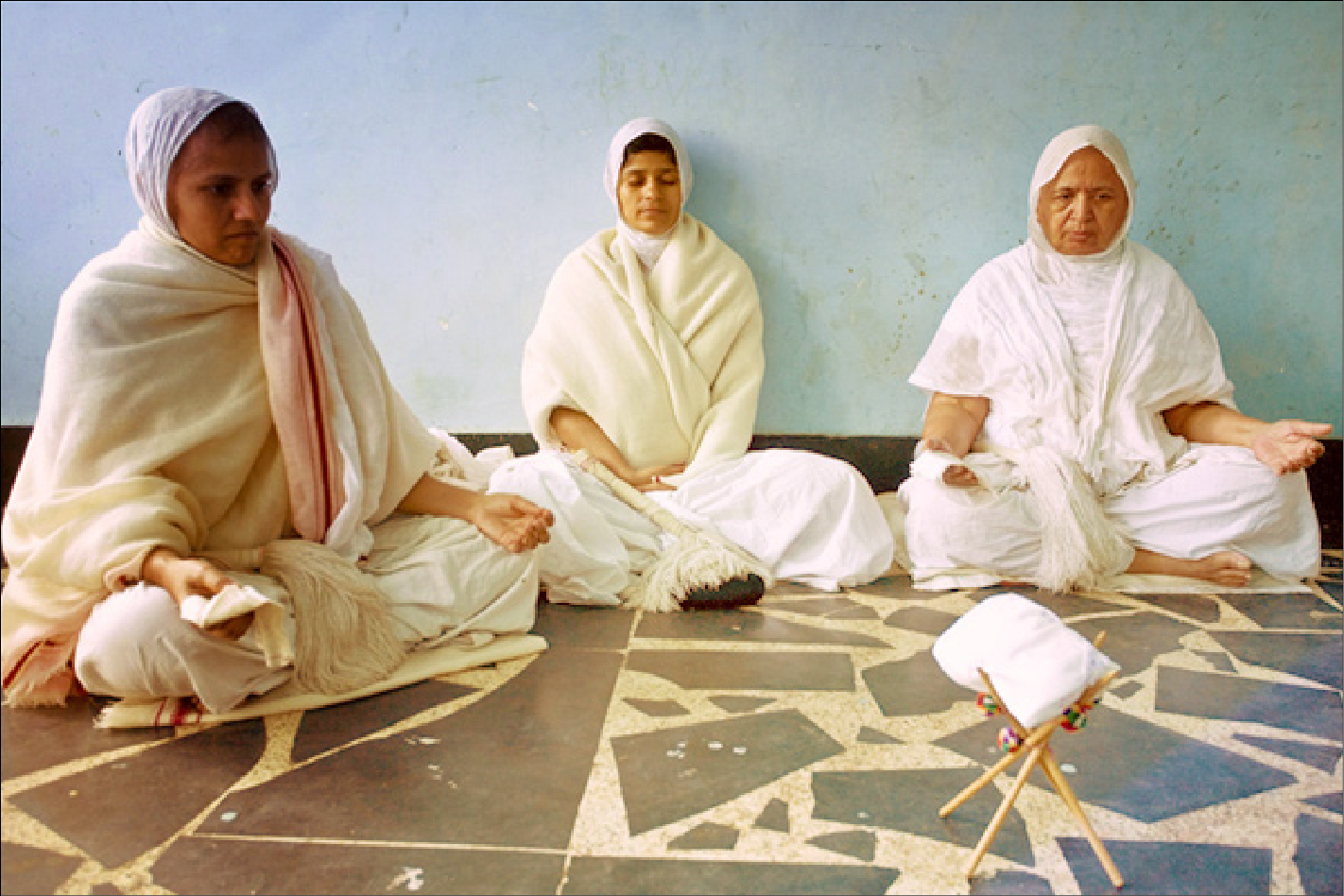Paryushan means to know yourself, hark back to your spirit and evolve. It brings in a time for spiritual awareness by cleaning the negativities. The festival lasts 8-10 days depending on the two different sects of Jainism.
Six million Jains world over observed the festival of Paryushan digitally last week or will do it this week depending on their sect of Jainism. What is this fervour?
Jainism is a transtheistic religion of self-help, symbiosis and serenity. It does not believe in a boon-giver God who will fulfil your wishes. The only reason why we follow any ritual in Jain dharm is for Moksh (Liberation). Nothing else! Not for health or wealth or progeny. In fact, we believe that the tirthankar deities in Derasar (Jain temples) have already attained Moksh exhibiting a trail for us to follow.
Hence is the emphasis of self-efforts to emancipation. Jain ethics prescribe detailed and definite codes both for the householder and the monks. Paryushan is a part of the code of conduct for monks in the last section of the sacred Jain scripture, Kalpa Sutra.
Paryushan : The word Paryushan is derived from “Pari” means to recollect yourself and “Vasan” means at a place; Overall it means to know yourself, hark back to your spirit and evolve. It brings in a time for spiritual awareness, making up and cleaning the negativities, which is in the form of karma gets collected on our soul. The festival lasts eight to ten days depending on the 2 different sects of Jainism.
Origin of Paryushan: Jain Scriptures specify the start of this Solemn Festival of Paryushan within 50 days after the first rainfall. Every year it falls in August or September depending on the occurrence of Shravan Vad ( Krishna) 12th or 13th in Almanac. Its origin is rooted in the agrarian lifestyle where villagers would take a break from their agricultural work after the monsoon rains and harvest. Rainy Roads would be tricky to travel and increase in insects would make it difficult to travel without killing them. Hence religious monks would settle at one place in this season. This provided the householders with an opportunity to gain a deeper insight of Jainism from them.
Why celebrate Paryushan? Even if we make a sincere attempt to live within the Matrix of high moral standards, we make mistake under the influence of our egos, giving into the complexities and hardships of life. Jains take a break from the routine life and review activities of the past year in light of the teachings of Jainism. They resolve to lead a spiritually cleaner life ahead.
How is Paryushan celebrated? The word festival brings thought of revelry for most. However Jains celebrate Paryushan with increased ritual observance and participation, particularly in sermons, meditation and fasting. Public recitation of the Kalpa-sūtra, fasting and restricted eating, greater focus on religious obligations like non-violence in thought, speech and action; collective introspection (PRATIKRAMAN), exchange of Forgiveness (KSHAMPANA), auctions centred around religious activities to raise funds are all characteristics of this festival. Jains invest resources to avoid injury to any living being.
Paryushan 2020: Religious leaders reminded people that adapatibility and abiding Law is natural to Jains. They appealed for an inhouse celebration during Covid times. Sermons were broadcasted on Zoom, Youtube. Scholars made discourse of Pratikaman available to all on Google Drive.. It felt like Parasparopagraho Jivanam – all life is bound together by mutual support and interdependence. For me, a working mother of two girls, this was a brilliant opportunity to soak into spirituality overcoming the barriers of distance and time. I feel grateful.
Life’s ultimate aim is not the pursuit of materialism but the attainment of Nirvana with peaceful coexistence. While Jainism’s history dates back to the sixth century BCE, its primary principles point toward ethical commitments to nonviolence, pluralism, and ecological wholeness. They are deeply relevant to the contemporary challenges of the twenty-first century.
Mital is a management consultant with a learner’s soul and a flare for research. She loves to Live and Let Live.

